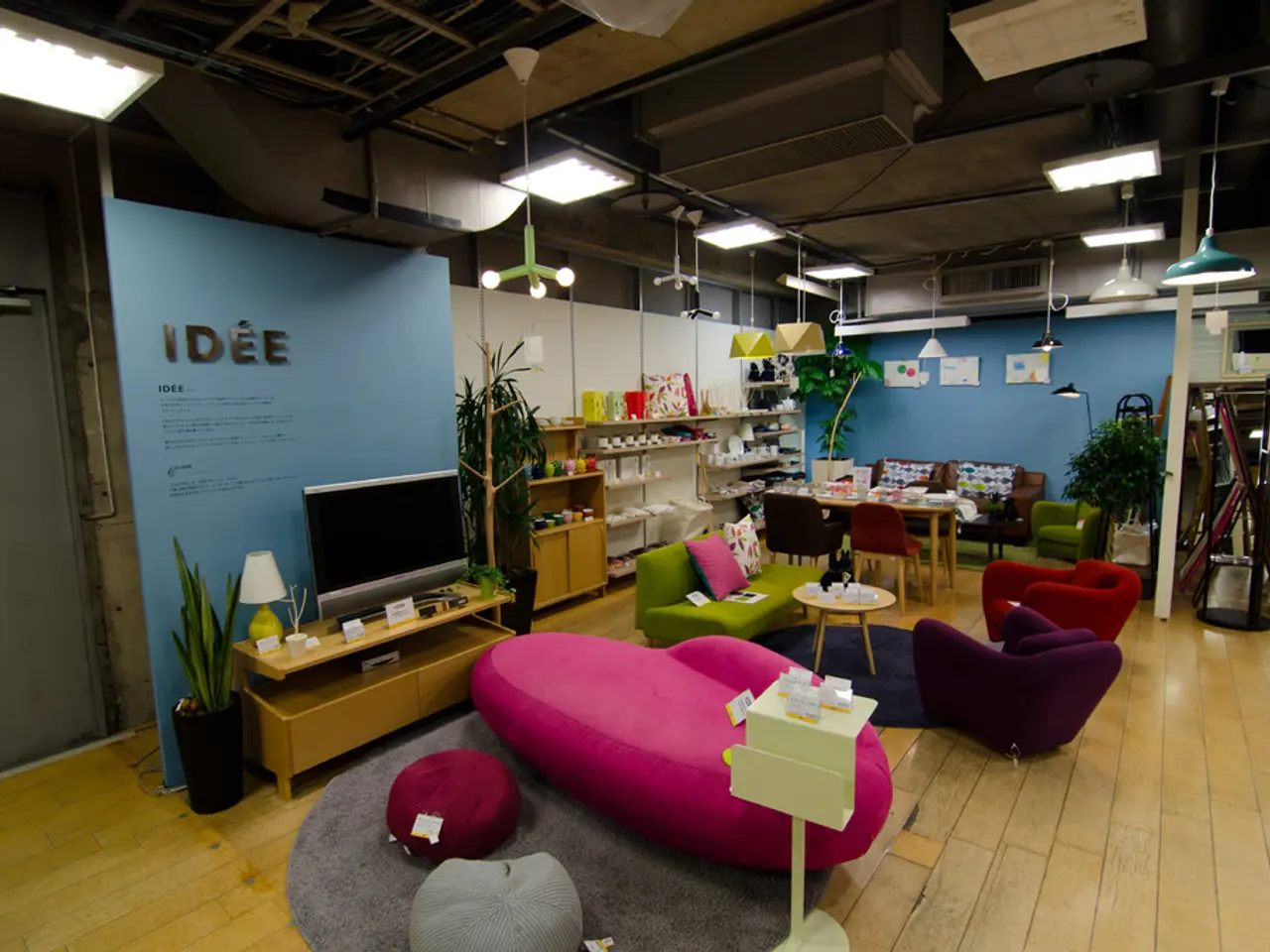Dream Realization by Eef Tanghe of CityChanger: Achieving Cohousing Goals
Cohousing, a unique housing model that combines privacy and community, has gained significant attention in recent years. This innovative approach to living, which originated in Denmark, offers a host of benefits for young people, professionals, and the elderly alike.
Eef Tanghe, the founder of Cohousing Projects, first encountered the idea through an online group in Ghent. Inspired, she immersed herself in the cohousing business, eventually founding the company with a few fellow residents. Cohousing Projects provides advice and guidance to cohousing groups, helping them navigate bureaucracy, architectural details, financing options, group decision-making, budgeting, legal aspects, and matching them with architects and developers.
Cohousing complexes often prioritize greenery, with communal gardens providing space for children to play and residents to socialize. These spaces contribute to a more sustainable and environmentally friendly living environment. Furthermore, cohousing could help bring people back to city centres and limit sprawl by offering suburban-like qualities in urban areas.
However, implementing a cohousing project is not without its challenges. High property and land costs, especially in urban areas, make it difficult for cohousing groups to compete with conventional developers. Securing financing can also be complex, as traditional lenders may be unfamiliar with the model. Navigating complex legal structures for collective ownership and governance can be daunting, and planning regulations often favor large-scale private developments over community-led initiatives.
Despite these challenges, cohousing projects offer numerous advantages. They foster intentional communities where residents actively participate in designing and managing their living environment, enhancing social connections and reducing isolation. This is particularly beneficial for older adults, for whom cohousing can combat loneliness and promote mental and physical health.
In addition, cohousing co-ops can deliver more affordable housing options by pooling resources, thereby alleviating pressure on strained housing markets. Community housing co-ops also offer long-term security, especially in a climate of housing precarity, by providing stable, collectively managed homes free from the threat of displacement.
Cohousing Projects has assisted in realizing 15 cohousing projects over the past eight years, with another ten currently being built and five to ten in the pipeline. The company encourages and facilitates the exchange between the groups they have supported through regular masterclasses.
Eef Tanghe's top tip for those wanting to launch cohousing projects is to be persistent and not give up, even when faced with difficulties. Implementing a cohousing project often takes three to four years, but the rewards of a thriving community where resources are shared efficiently make it a worthwhile endeavour.
In conclusion, cohousing projects represent a promising alternative to conventional housing, offering social, economic, and environmental benefits. However, their success depends on overcoming significant financial, regulatory, and cultural barriers through advocacy, collaboration, and innovation.
In the context of Cohousing Projects' assistance, communal gardens within cohousing complexes can promote a lifestyle that combines home-and-garden elements, fostering social interactions and a sustainable living environment. Additionally, the unique home-sharing approach of cohousing projects could potentially lead to more compact and eco-friendly urban lifestyles, thus reducing urban sprawl.




